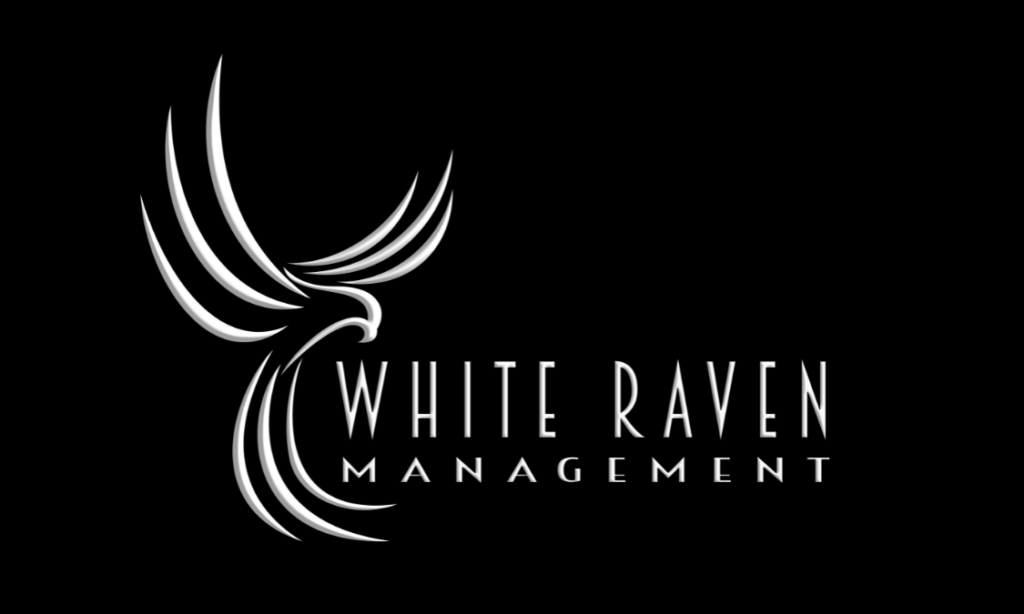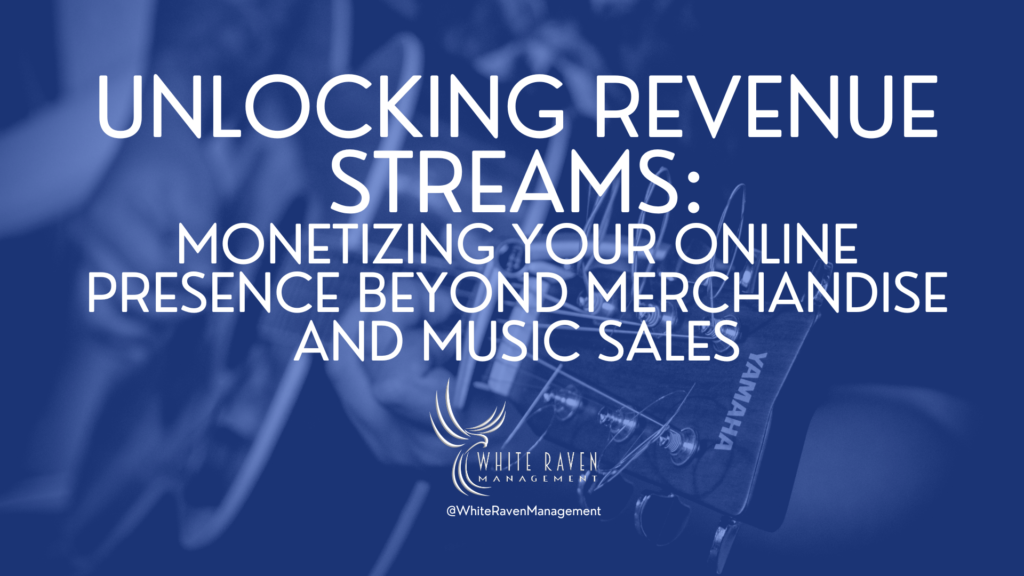In today’s digital age, musicians have more opportunities than ever to monetize their online presence beyond traditional avenues like merchandise and music sales. With the rise of social media, streaming platforms, and digital marketing, artists can diversify their income streams and reach a wider audience. In this blog, we’ll explore some innovative strategies for musicians to maximize their online revenue potential.
Crowdfunding and Fan Funding Platforms:
- Platforms like Patreon, Kickstarter, and GoFundMe provide a direct channel for fans to support their favorite artists financially. Musicians can offer exclusive content, behind-the-scenes access, and personalized experiences in exchange for recurring pledges or one-time donations.
Live Streaming Concerts and Virtual Events:
- With the advent of live streaming technology, musicians can perform virtual concerts and host online events to connect with fans globally. Platforms such as Twitch, YouTube Live, and StageIt allow artists to monetize their performances through ticket sales, virtual tips, and sponsorships.
Content Monetization on YouTube and Other Platforms:
- Musicians can leverage platforms like YouTube to generate revenue through ads, sponsorships, and channel memberships. By creating engaging content such as music videos, tutorials, and vlogs, artists can attract a larger audience and monetize their videos through the YouTube Partner Program.
Merchandise and Brand Collaborations:
- While merchandise sales are a traditional revenue stream, musicians can enhance their earnings by collaborating with brands for sponsored content, endorsements, and product placements. By aligning with relevant brands, artists can monetize their influence and expand their reach to new audiences.
Digital Products and Services:
- Beyond physical merchandise, musicians can create and sell digital products such as e-books, online courses, and sample packs. Additionally, offering services like music production, mixing/mastering, and songwriting workshops can generate additional income streams for artists with specialized skills.
Affiliate Marketing and Referral Programs:
- Musicians can monetize their online presence by promoting affiliate products and services related to their niche. By joining affiliate programs and sharing referral links, artists can earn commissions for driving sales and conversions through their online platforms.
Fan Clubs and Subscription Services:
- Establishing a fan club or subscription service allows musicians to offer exclusive perks, content, and experiences to dedicated fans in exchange for a monthly fee. Platforms like Fanhouse, OnlyFans, and Substack provide tools for artists to monetize their fan base and foster a sense of community.
Licensing and Sync Opportunities:
- Musicians can explore licensing and sync opportunities to monetize their music in films, TV shows, commercials, and video games. Registering music with performing rights organizations (PROs) and music libraries can help artists secure placements and earn royalties from synchronization licenses.
Direct-to-Fan Sales and Pre-orders:
- Musicians can boost revenue by offering pre-orders for upcoming releases, exclusive merchandise bundles, and limited-edition physical copies directly to fans through their website or online store. By incentivizing early purchases, artists can generate buzz and increase sales before official launch dates.
Monetizing your online presence as a musician goes beyond traditional revenue streams like merchandise and music sales. By leveraging digital platforms, engaging with fans, and exploring innovative opportunities, artists can diversify their income streams and build sustainable careers in the music industry. By implementing these strategies and staying adaptable to emerging trends, musicians can unlock new revenue streams and maximize their online earning potential.
Written by,
Rachel J. Olsen, MBA
Artist Manager & Business Consultant
Want advice or assistance in building your music career?


